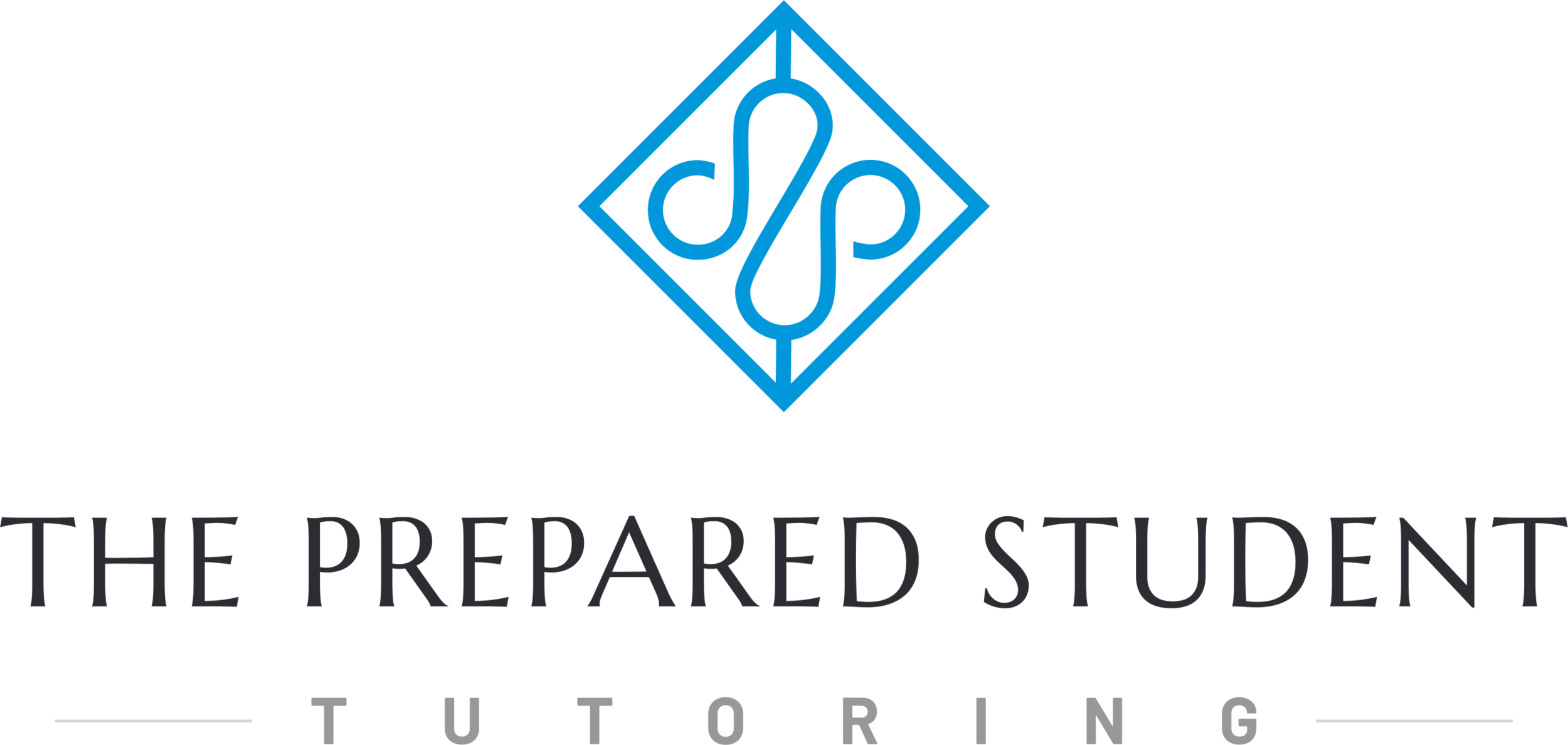College Prep: How to Earn College Credits While You're Still In High School
One thing that will inevitably come up when you’re researching colleges and making a plan for applying is the COST. Getting an American college education is expensive. Thankfully, there are a lot of ways to lower the sticker price, including financial aid, merit-based scholarships, grants, private scholarships, and more. But what if you could be doing something right now, as a high school student, to help your future self save some money on your college education? Well, there just might be something you can do. The key is in planning ahead. Read on to find out more.
When it comes to the entire college admissions process, planning ahead is going to be a huge help. While 9th grade may seem a little early to start really thinking about your college plans, there are certain steps students and families can be taking this early to help set students up for success later on. The big one? Carefully choosing what classes you take.
Your class choices are really going to be the focus of this blog post. When it comes to earning college credits before you graduate from high school, there is one key: getting yourself far enough ahead that you can take college-level courses before you graduate with your high school diploma.
How does this work exactly? It is called dual enrollment, and it basically means you will earn both college credit and high school credit simultaneously. Depending on your school, these classes can be taken at your high school, at a local college or local community college, or online. The setup depends on the way your school is structured and if they have dual enrollment relationships already in place with particular colleges.
Each school will have different regulations, but here are a couple examples of how to open the door to dual enrollment at your school:
One common way to be approved for dual enrollment is to finish all of the courses your school has to offer in a certain department. For instance, if you complete AP Spanish as a junior, and your high school does not offer anything higher than AP Spanish, it is very possible that your high school will cover the cost for you to take college-level Spanish courses. This is one example of dual enrollment. By taking a college Spanish course, you will be earning both high school credit AND college credit.
Another path to dual enrollment could include expressing an interest in taking courses from a department that isn’t offered at your school at all. To take this route, you’ll likely need to do a lot more persuading to convince the administration at your high school that the dual enrollment course is worth it or necessary.
Some high schools also offer some specific courses straight through the school that are also dual enrollment. For instance, your high school might tell you about courses that are through a certain college or program, and, if you will be earning college credit, these are also dual enrollment courses.
What are the benefits of dual enrollment? There are MANY! Here are the main three that we think make dual enrollment SO worth it:
Lower cost - If you know anything about American colleges, you know that they are expensive! Well, taking dual enrollment courses during high school is going to be much more cost effective. Oftentimes, your high school will actually pay for you to take courses as long as they approve the courses you choose. If not, the ticket price tends to still be much lower than the full per-credit price you would pay as an undergraduate student.
Getting ahead - The fact remains that the single biggest thing you can do to prepare yourself for success in college is to challenge yourself academically. This shows colleges that you care about academics and want to succeed. Having already earned college credits during high school is going to help you be more prepared for college AND be that much more likely to be admitted to the schools that you want to attend.
Preparing for the structure and difficulty level of college courses - For many students, the transition to college courses feels a bit strange and perhaps frightening. Suddenly, there is no longer someone there constantly holding your hand and reminding you to complete work. Instead, you are treated as an adult and expected to manage your time wisely and complete your assignments on time. You’re expected to come to class prepared and do the work necessary to achieve the grade you want. This is in pretty stark contrast to the way a lot of high school classes operate, with teachers constantly reminding you what you need to do each day. A glimpse into the world of college courses through dual enrollment is a great way for you to get a better understanding of what will be expected of you at the college level. On the same note, the difficulty of college coures may surprise you. Dual enrollment would also give you the opportunity to test out that difficulty level and get used to the level of work required without having multiple college-level courses on your plate all at once.
The big picture:
There is a lot of data that suggests that students who participate in dual enrollment and earn college credit while still in high school are more likely to graduate with a college diploma than students who do not. Similarly, students who earn dual enrollment credits are more likely to graduate faster than their peers who did not earn credits during high school. This correlation certainly makes sense because students who pass dual enrollment courses will enter college having already earned some credits. That means they will need to earn fewer college credits in order to be eligible to graduate with their undergraduate degree.
Students who participate in dual enrollment programs will get a taste for how difficult college courses are and the level of independence that is expected of them at the college level. Most students would tell you that the courses may be challenging, but all in all dual enrollment is a valuable experience that students are happy to have had.
Good luck, and happy prepping!
INTERESTED IN TUTORING?
Working one-on-one with a test prep & college counseling expert can help you maximize your score on test day and get accepted to your dream school. Whatever your college prep goals, our team can help!
I want to sign up! - Set up online lessons using the link to our scheduling system.
I want more information! - Fill out the information in the link, and someone will reach out soon.

